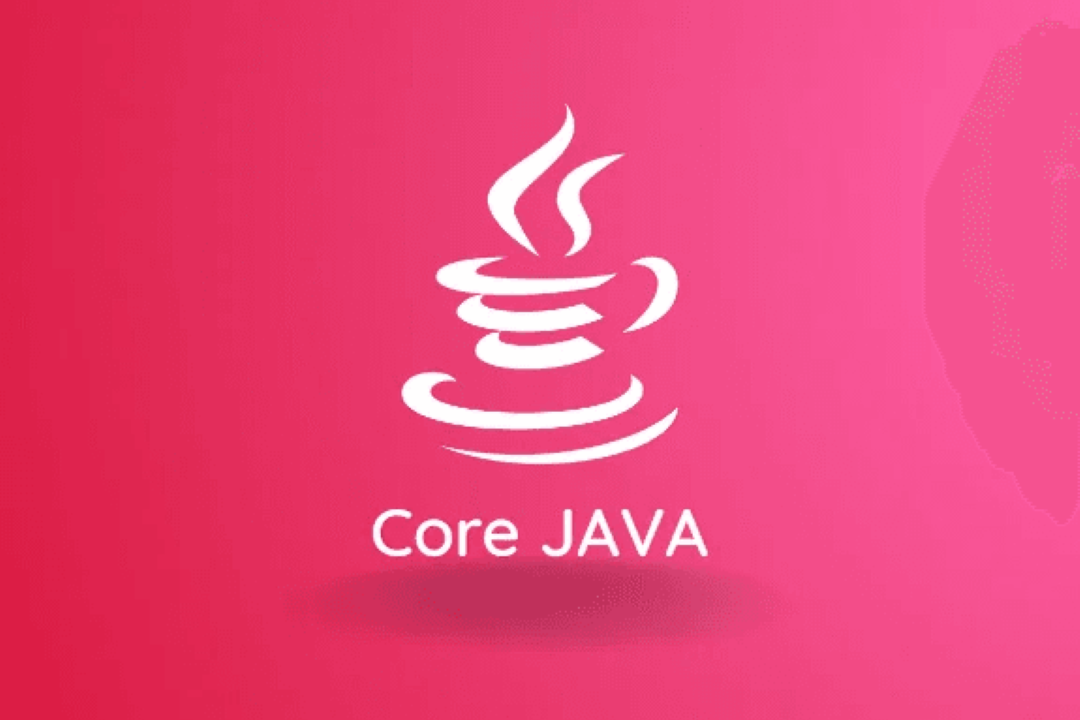Why Java Is Better Than C++
Comparing Java and C++: Benefits of Java over C++
Why Java Is Better Than C++
Java has gained popularity over C++ due to its platform independence, automatic memory management, and robust security features. Java's “write once, run anywhere” principle allows developers to write code on one platform and run it on any other platform without making any changes. This eliminates compatibility issues and makes Java applications highly portable. Additionally, Java's Garbage Collection feature automatically manages memory, reducing the risk of memory leaks and making Java applications more stable. Furthermore, Java's strong security model protects against common vulnerabilities, making it a preferred choice for developing secure applications.
To Download Our Brochure: https://www.justacademy.co/download-brochure-for-free
Message us for more information: +91 9987184296
1 - Java is platform independent, making it more versatile and accessible compared to C++ which is platform dependent. This means Java programs can run on any device that has the Java Virtual Machine (JVM) installed, allowing students to develop applications that can be used on various operating systems without modification.
2) Java has automatic memory management through garbage collection, making it easier for students to write code without worrying about memory allocation and deallocation issues commonly faced in C++ programming. This simplifies the learning process for students and reduces the chances of memory related errors.
3) Java has a more extensive standard library than C++, providing students with a wide range of pre built classes and functions to accomplish common programming tasks. This allows students to focus more on building their applications rather than reinventing the wheel by writing complex functionalities from scratch.
4) Java offers better support for multithreading and concurrency compared to C++, with built in language features and libraries that make it easier for students to develop applications that leverage parallel processing and improve performance. This is essential for students to learn scalable programming techniques and develop high performance applications.
5) Java has a strong community support system with abundant resources such as online forums, tutorials, and documentation available for students to learn and troubleshoot programming issues. This makes it easier for students to find help and collaborate with other developers, fostering a more engaging learning experience.
6) Java provides robust security features such as sandboxing and access control mechanisms that protect applications from malicious activities, ensuring a safer programming environment for students to practice their skills. This is crucial for educating students on secure coding practices and cybersecurity principles.
7) Java's object oriented programming model is more intuitive and easier to grasp for beginners compared to C++'s complex syntax and memory management concepts. This makes Java a preferable choice for students who are new to programming or transitioning from other languages, allowing them to focus on learning fundamental programming principles.
8) Java has a simpler syntax with built in features like automatic type inference and enhanced error handling mechanisms that reduce the learning curve for students and improve code readability. This facilitates faster prototyping and debugging processes, enabling students to write efficient and maintainable code.
9) Java's extensive documentation and well established coding conventions such as naming conventions and coding style guidelines help students write cleaner and more organized code, promoting good programming practices and enhancing code maintainability. This is essential for students to develop coding skills that are transferable to real world projects.
10) Java's rich ecosystem of integrated development environments (IDEs) such as IntelliJ IDEA, Eclipse, and NetBeans offer powerful tools and features that facilitate code development, testing, and debugging processes. These IDEs provide students with a user friendly environment to write, compile, and run Java programs efficiently, enhancing their productivity and programming experience.
11) Java's portability and compatibility with a wide range of devices and systems make it an ideal choice for students to explore different application development scenarios and target diverse platforms. This versatility allows students to gain hands on experience in developing cross platform applications and enhances their marketability in the software development industry.
12) Java's support for web development through frameworks like Spring, Java EE, and Hibernate enables students to learn modern web technologies and build dynamic web applications with ease. This expands the scope of their training program and equips them with valuable skills to pursue careers in web development and backend programming.
13) Java's innovative features such as lambda expressions, stream API, and modular programming support encourage students to explore advanced programming concepts and design patterns, enhancing their problem solving abilities and promoting code reusability. This enables students to develop efficient and scalable applications that meet industry standards and requirements.
14) Java's continuous evolution and updates through the Java Community Process (JCP) ensure that students are exposed to the latest programming trends and advancements in the Java ecosystem. This dynamic nature of Java fosters a culture of lifelong learning among students and prepares them to adapt to changing technologies and emerging software development practices.
15) Java's strong presence in the job market and demand for skilled Java developers make it a lucrative career choice for students pursuing a career in software development. By gaining proficiency in Java programming through a comprehensive training program, students can enhance their employability and secure rewarding job opportunities in various industries that rely on Java technologies.
Browse our course links : https://www.justacademy.co/all-courses
To Join our FREE DEMO Session: Click Here
Contact Us for more info:
Difference Between MongoDB And RDBMS
How Much Time It Takes To Learn JavaScript
Types Of Inheritance In Python
Php With Mysql Essential Training
Scrum Master Interview Questions











